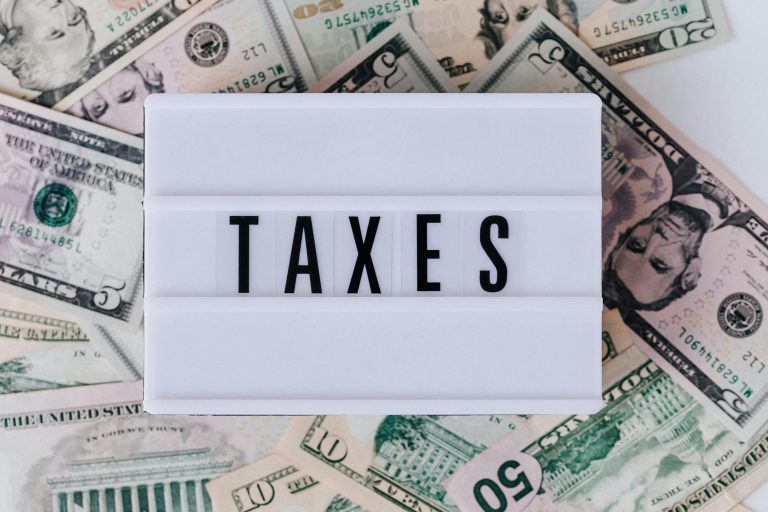Fuel duty and business tax increases may be on the horizon
To pay for defence and transport project spending increases, the Government could put tax reliefs and exemptions on the chopping block, say leading audit, tax and business advisory firm, Blick Rothenberg.
Robert Salter, a Director at the firm, said: “The Prime Minister Keir Starmer announced an increase in the UK’s defence budget, and the Chancellor, Rachel Reeves has said there will be an increase in transport project spending. But the money has to come from somewhere, and that somewhere is taxes.”
He added: “The Government has a few options when it comes to generating a higher tax take. One option is to reduce tax relief on pensions. Per HM Treasury, pensions tax relief is officially costing the Govt ca. £48bn per annum.”
Robert said: “To lower this cost they could reduce the 25% lump sum by bringing it down to say 20% or keep the headline 25% rate but limiting the value of the lump sum to £75k or less. Those with total pension savings of £300k or less wouldn’t be impacted and the Government could argue that the change is only targeting the ‘wealthy.’ Another option is ceasing to provide pensions tax relief at a taxpayers marginal tax rate which is often 40% or 45%, and provide relief at only a fixed rate of say 25%.”
He added: “In terms of Inheritance Tax (IHT) the Government could further restrict the IHT thresholds or Potentially Exempt Transfers (PETs). Under the present rules, if you give an item away 7+ years before you die, it may be a PET and IHT may not be due on it. This timeframe could be increased to say 10 years or the IHT rates which apply on PETs which are given away between 3 and 7 years before someone dies could be increased. For example, if you give a PET away and die 3-4 years after that transfer, the IHT due on the gift is presently 32% and this might be increased to say 36%. However, IHT only raises ca. £6-£7bn per annum at present, and changing the PET rules might not make a massive difference to the overall tax take.”
Robert said: “Another option is to end the ‘temporary’ 5p per litre cut to fuel duty, which was introduced in 2022, and was extended in Ms Reeves’s first budget. It is now due to end in March ’26 and may now come to an end. The ‘temporary easement’ is presently costing ca. £2bn per annum.”
He added: “But the Government could go further and raised it by say 10p per litre, which would potentially raise £4bn. But practically, the Government needs to look at alternative options for raising revenue from motorists, as fuel duty will be coming down over the next few years, as more and more people move to e-vehicles or at least hybrids.”
Robert said: “Fuel duty presently brings in ca. £25bn per annum, so it is still a significant source of receipts for the Government. But the risk is that raising fuel duty too sharply could accelerate the move to e-vehicles before the Government can put in alternative, practical plans to raise equivalent revenues from things like road tolls.”
He added: “Finally the Government could raise corporate tax. A 3p rise that increases the basic rate to 28% could bring in ca. £10bn – £12bn. But this would be against the Labour Party’s manifesto, and it would also be against their ‘open for business’ comments. However, it might seem easier for Labour to do politically than raising either any of VAT, employee NICs or income tax.”


